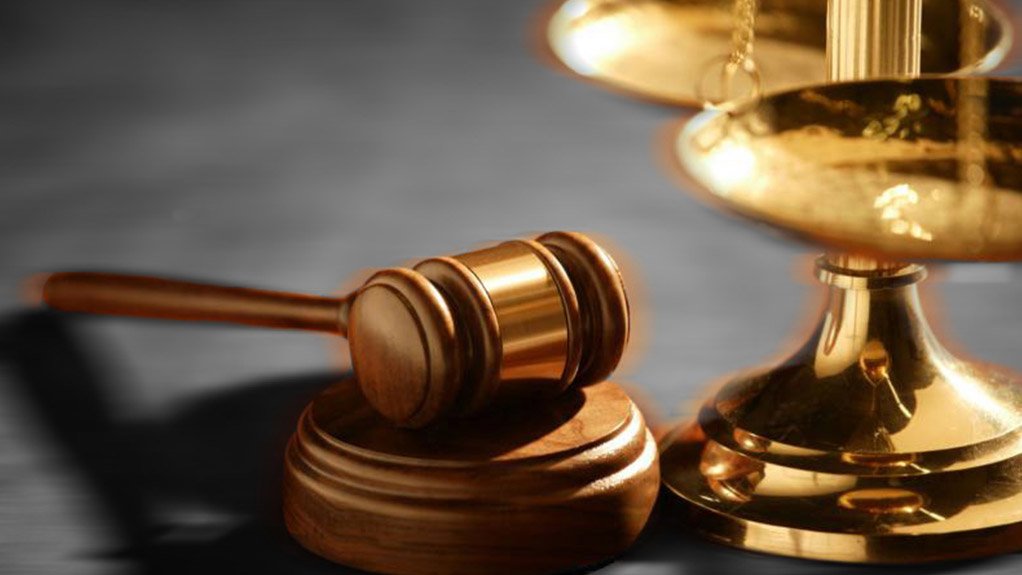The Western Cape High Court on Wednesday heard an application by the South African Broadcasting Corporation (SABC) to appeal its December ruling that Hlaudi Motsoeneng’s appointment as Group Executive of Corporate Affairs at the public broadcaster was unlawful.
Judge Owen Rogers and Judge Andre le Grange ordered his immediate suspension in December last year and said he may not hold any position at the public broadcaster unless the public protector’s report was set aside or fresh disciplinary hearings exonerated him from wrongdoing.
Former Public Protector Thuli Madonsela’s 2014 report found that Motsoeneng had been dishonest and had misrepresented his matric qualifications, had irregularly increased his own salary, purged the broadcaster of senior staff and abused his powers.
Last year’s December judgement also ordered that Motsoeneng face new disciplinary hearings as the proceedings initiated against him in October 2015 were “inconsistent with the Constitution”.
The Democratic Alliance had brought the application and when the ruling was made described it as a “devastating judgement” against Motsoeneng.
But the SABC is fighting back and is also appealing the court’s order that the public broadcaster’s acting CEO James Aguma personally pay costs for that application.
On Wednesday, Advocate Anton Katz SC, acting for the Democratic Alliance, argued that SABC attorneys were now acting for Aguma “because he was dissatisfied with the cost order against him”.
“Who took the decision to appeal this decision? That is the real question,” he said, adding that the action was “an abuse of court process”.
But Advocate Stephan du Toit SC argued that last year’s judgement “set a very important precedent” as it essentially allowed outsiders “to interfere in the employment policies of organs of state”.
Du Toit said this needed to be addressed by the Supreme Court of Appeals.
He argued that Motsoeneng’s appointment “constituted an internal arrangement”, and not an exercise of public power.
“When Motsoeneng resumed powers, we feel this was not exercising public power. We say there is a reasonable prospect that another court would come to a different conclusion on that point.”
He said the “public has no interest in the staffing of the SABC. The SABC’s employees are its employees, not employees of the State. Only three percent of the SABC’s budget comes from the government, while 85% of its income came from its own commercial activities so it was not funded by taxpayers money. ‘
“What we are suggesting is that the implications of the judgement implicates public power which sets a broad precedent which could lead to unforeseen consequences.”
He argued that the SABC should be able to make its own appointments otherwise “the DA or anyone else could say I object to that appointment and that would create chaos”.
On the question of personal costs liability for Aguma, Du Toit argued it was unfair as he had been acting in a representative capacity and did not fall into a “category of bad faith, which has always been the standard when ordering costs”.
He said Aguma had not been given a proper opportunity to defend the order.
Du Toit warned “we have to be careful about the courts running the country. That is not the courts job”.
Outside court, the DA’s Federal Executive Chairperson James Selfe said “we do believe that the argument by the SABC that this is not an exercise of public power is patently wrong”.
He said the DA was confident leave to appeal would not be granted, adding: “Our constitution is based on the rational exercise of public power and we have a public institution that exercises that power irrationally.”
The Western Cape High Court is expected to make its ruling on the application next week.
EMAIL THIS ARTICLE SAVE THIS ARTICLE
To subscribe email subscriptions@creamermedia.co.za or click here
To advertise email advertising@creamermedia.co.za or click here











